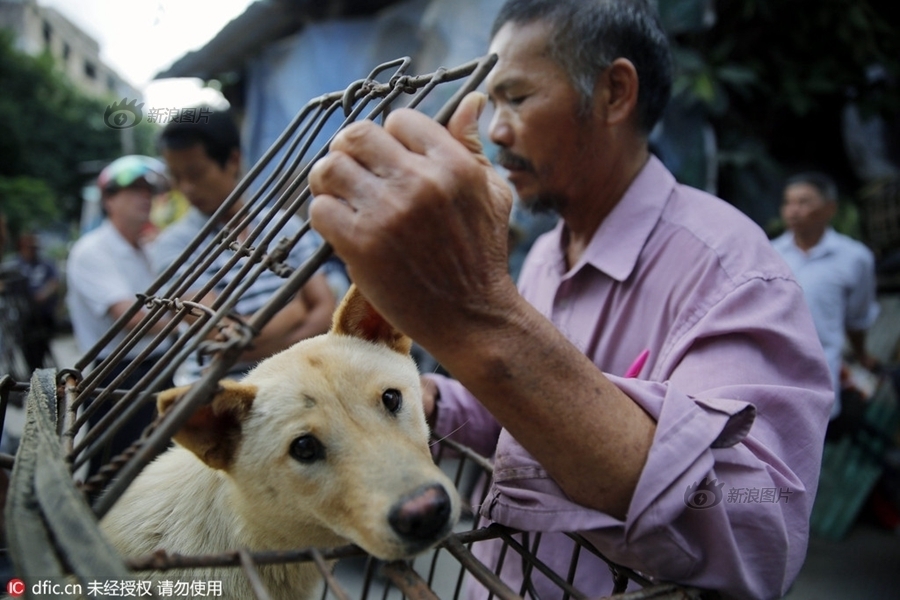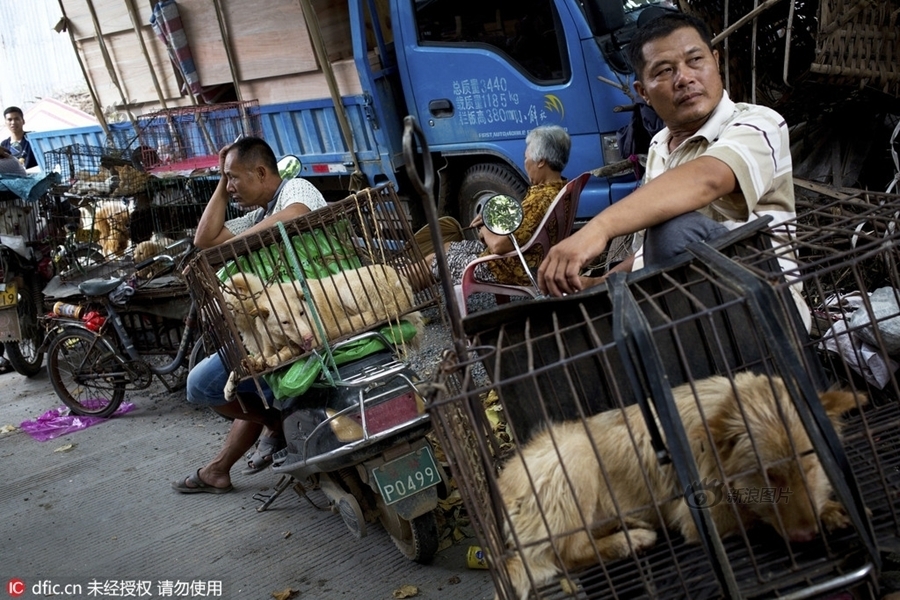Yulin’s government has never supported or organised “the so-called Yulin Dog Meat Festival,” China’s Foreign Ministry spokesperson Hua Chunying has said.
The festival commenced as planned on Tuesday amid petitions and international protests by Hollywood stars condemning the event. Also known as the Lychee and Dog Meat Festival, thousands of dogs are expected to be killed for human consumption during the occasion.

Hua made the statements at a regular press conference on Tuesday, Oriental Daily reported. Hua said that reporter’s questions about the event were not related to foreign policy, but added that – according to the local government – consuming lychee and dog meat during summer solstice was an eating habit of Yulin people. It was a matter of dietary preference, she said, and there were no celebrations that took place in the name of consuming dog meat.
‘Due respect’
An insight piece published by Xinhua cited Zhou Xiaozheng, sociologist and professor with Renmin University of China, as saying that, while it is a responsibility for citizens to heighten their awareness of animal protection, different dietary habits should be given due respect.
Deputy head of Guangxi traditional culture research institute Xie Pingxiang also said that “the existence of diverse values is a sign of social development.”

According to state media Xinhua News Agency, the custom of eating dog meat dates back 400 to 500 years in China as a means to alleviate summer heat. However, the Yulin dog meat festival only began in 2009.
In 2014, the Yulin government refrained from interfering in the festival despite strong public opposition, saying that the event was hosted by private businesses without official backing.
However, Xinhua recently reported that surveys have shown 64 percent of Chinese people wants the Yulin Dog Meat Festival to end.
